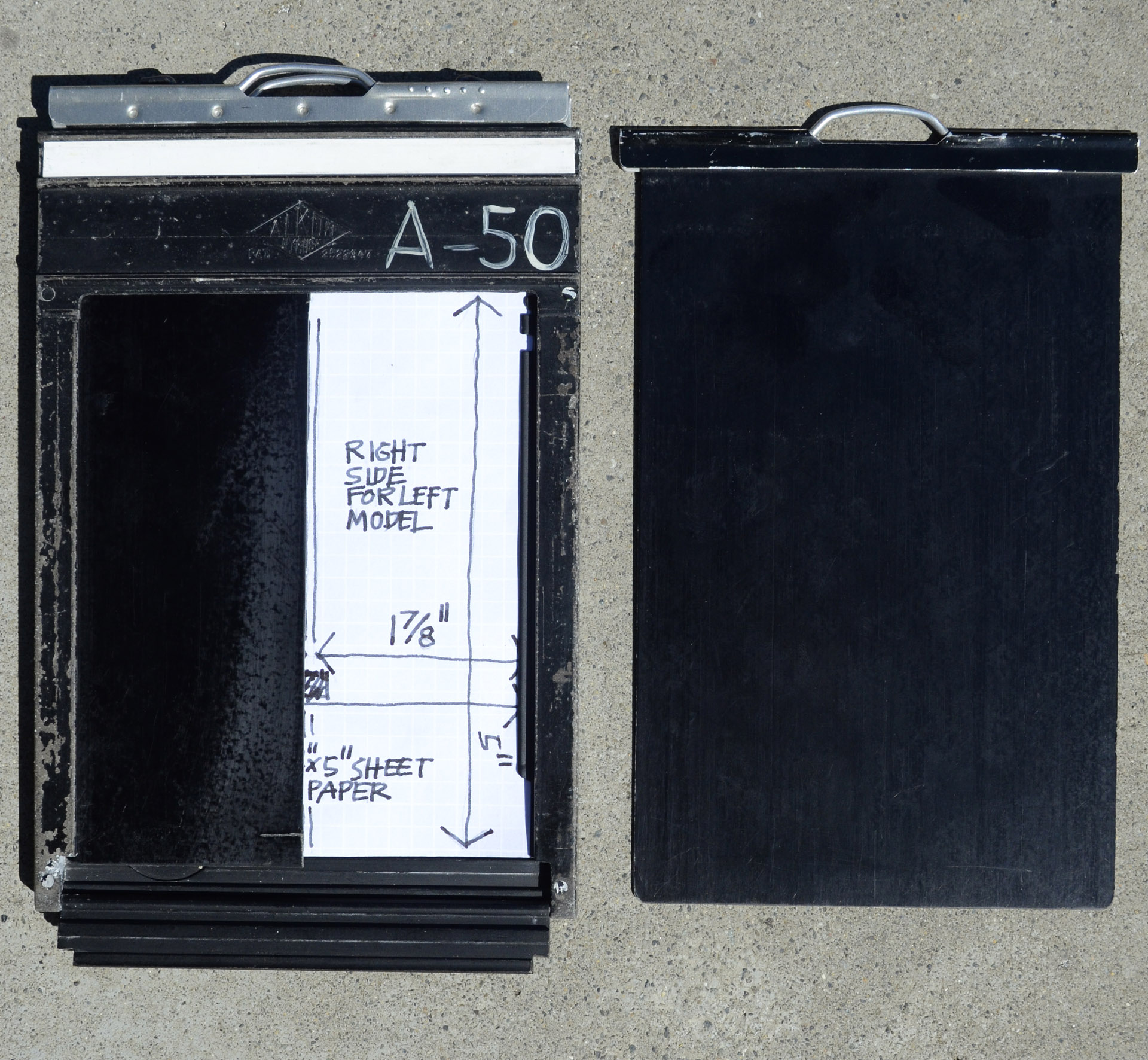-

What do you do when a friend gives you a container of 50 or so frozen, but past expiration date 4x5 inch Polaroid color film packs?
You give some away, you experiment with some longer exposures, you have some fun because it is free compared to the Fuji version at $30 bucks a 10 pack.
Here are some crude examples and experiments with a 90 mm wide angle and a 210 mm standard/portrait lens using an older Polaroid film pack holder set in a Horseman 4x5 view camera on our "ever so slowly being built over the decades and constantly redesigned" stairway in Seattle.
In the future Harmon reversal black and white paper that can be used in 4x5 film holders and some black and white film will be used to be developed and contact printed or enlarged. There will be a Mamiya RZ67 with some instant backs and film and a digital SLR and simple lighting for additional images during the shoots.
Why do double exposure on instant film when you could do it digitally? Because it is captured right on the photo paper with only manipulating a mask close to the film plane and, yes, it is cool. In addition, it will be fun collaborating with the subject and there will be other film and digital camera data to manipulate and print in the future.
For the process, the mask will split the image in half in landscape or vertical formats. Since the prototype masks are pretty close to the center of the image on the film or paper the two images of one person that has shifted from one side of the scene to the other between mask changes will appear as if taken once and have no "ghosting" associated with double exposing a full un-masked piece of film.
In the future dark slides will be cut for double film or paper carriers and there will be some dark slides made into masks for the instant film pack holder.

- Horseman 4x5 view camera showing back with pack film holder inserted (right side of image).
-

- Styrene cut to shape for vertical mask taped into Graflock back with painting tape. If you could be in the bellows with the lens to your back, this is what you would see, the gray plastic blocks the light.
-

- Shooting process is to take the first shot, reinsert dark slide, take off camera back, remove - flip and retape the mask - reinsert back, change subject position, remove darkslide, take second image. Simple, huh?
-

- Will this be the final setup? Maybe a scrim over the window, probably some photo lights will be added. Hopefully some more finished construction.
Want to be part of the Taylor Art House Double Exposure Project?
If you are interest in modeling for this project and taking home some images of yourself double-exposed, send an e-mail to artman.taylor@gmail.com, in the subject line put, "Taylor Art House - Double Exposure Project". Shooting times will be strung together when possible, probably on morning weekend days. Individual sessions will take about 30-60 minutes depending on your patience level. The setup will be in Wallingford, other locations may be considered. Photos will be used only with permission.
The intent of this project is to have a digital web-based show, possibly have a gallery show and/or publish a small edition book. If it gets enough interest there may be sub themes - not sure what yet - it is just starting.
More later.










